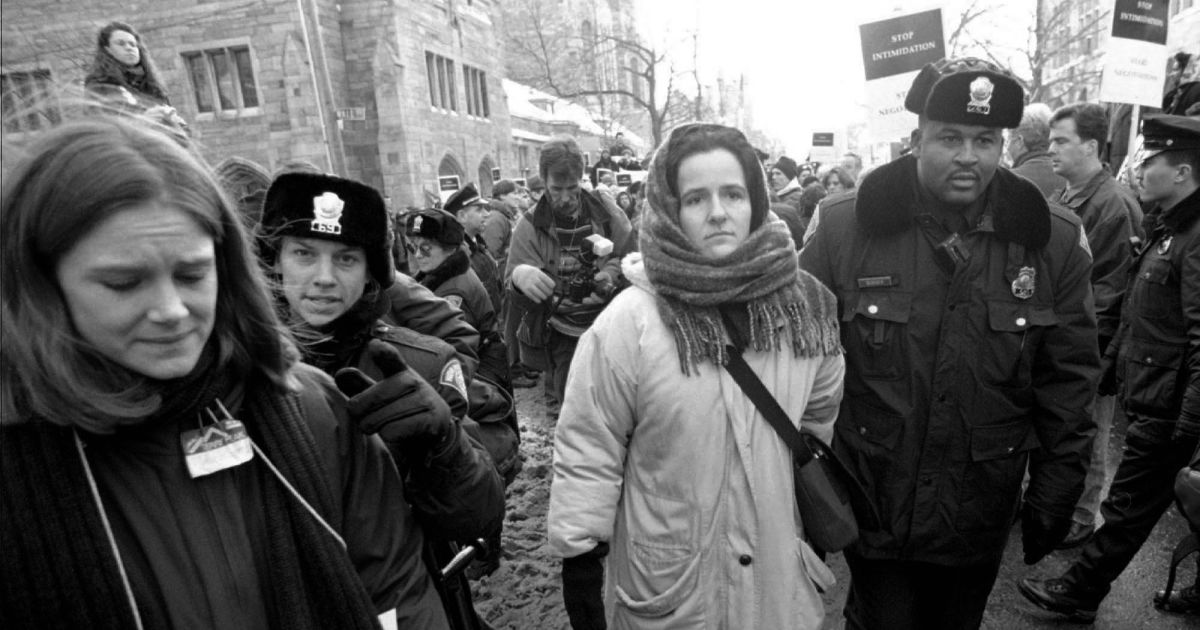Twenty years ago, when I was a senior at Yale, the graduate students embarked on a two-week “grade strike,” during which they refused to hand in the fall grades of the undergraduates they were teaching. Grades were due on January 2, 1996, but the grad students, then as now agitating for union recognition, withheld the grades until two weeks later, when it became clear that they were losing the battle on all fronts. The dean of the graduate school brought three union leaders up on disciplinary charges (one was dismissed, though the other two had their punishments overturned); some faculty members threatened graduate students with reprisals, like poor letters of recommendation; and the Yale undergraduates, for whom a transcript without grades was like a scull without oarsmen, turned viciously on their teaching assistants.
That spring, a writer for the late, great small magazine Lingua Franca went to Yale and found that even campus liberals hated the grad-student-union movement. “They undertook an obligation and reneged,” the president of the Yale College Democrats told the reporter. “They’re holding the grades hostage of people they have no beef with.” Farther down in the article, the same student was in high snark mode: “It’s hard to tell an undergraduate who’s in debt $27,000 a year that your $10,000 stipend and full-tuition waiver isn’t enough,” he said. “You could argue that there is no one more privileged than the graduate students.”
That student, poster child for anti-union animus, was me. I quickly came to regret, and eat, my words: two years later, I returned to Yale as a graduate student, and I immediately joined the union (then called the Graduate Employees and Students Organization, or GESO), eventually becoming an organizer in the religious-studies department. I couldn’t argue with the basic logic: doctoral students worked as graders and teaching assistants, and workers should have collective-bargaining rights.
Source: Graduate Students, the Laborers of Academia – The New Yorker
